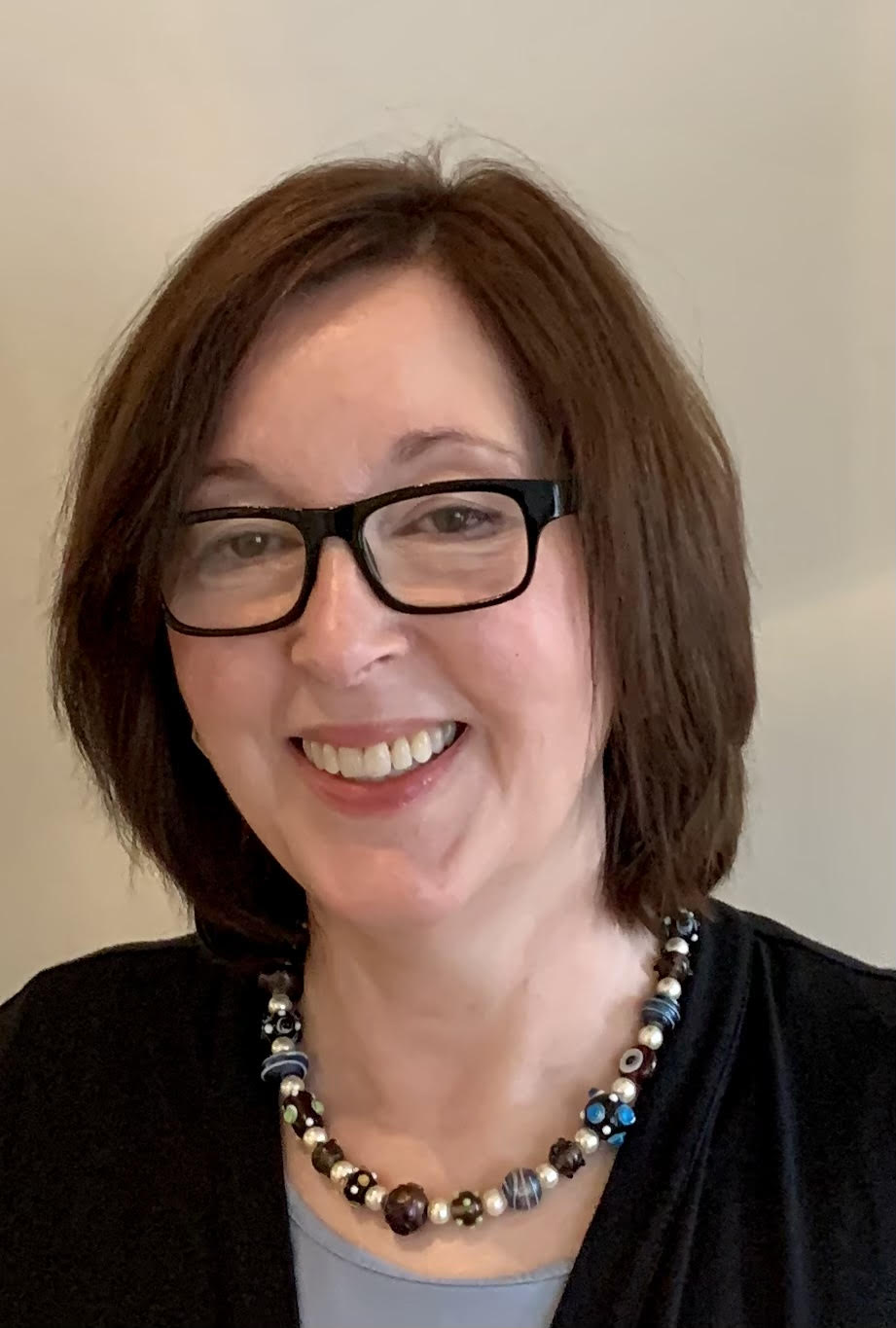Women's History Month (WHM) reminds us of how far women have come and how far we still must go in terms of financial equity, education, and inclusion. While women today manage about 80 percent of the finances in the household
, they lag behind
in making investing decisions often because of being more cautious than men.
One woman who broke through many of these barriers is Abigail Smith Adams (Nov. 22, 1744—Oct. 28, 1818), one of our country's founding mothers. Many people know of Abigail through her roles as the wife of our second president, John Adams, and the mother of our sixth president, John Quincy Adams. She was also the first First Lady to live in the White House.
But there is quite a bit more to Abigail. In colonial times, married women were considered their husband's property. Women could not own or purchase real property, manage money, pursue a formal education, nor have a voice in political matters. Married to John Adams at the age of 19, and self-educated, she bore six children, with four surviving to adulthood. While John Adams was away in France, the Netherlands, and England from 1778 to 1788, he left Abigail behind (except for when she joined him in Paris and London for several years) to manage finances for the household even though women by law could not.
Abigail invested her family's money in government securities (stocks and bonds)—a decision that ultimately made them wealthy, according to Woody Holton's biography. Abigail defied societal norms in other ways. She used "money which I call mine" to contribute to their wealth (even though it was considered the husband's property), valued independence and freedom, opposed slavery, and advocated for women's education. She was a trusted adviser to her husband, and her strong influence led others to refer to her as "Mrs. President
."
On March 31, 1776, Abigail wrote in her now famous letter to John Adams to "Remember the Ladies:" when he was at the Continental Congress:
I long to hear that you have declared an independancy—and by the way in the new Code of Laws which I suppose it will be necessary for you to make I desire you would Remember the Ladies, and be more generous and favourable to them than your ancestors. Do not put such unlimited power into the hands of the Husbands. Remember all Men would be tyrants if they could. If perticuliar care and attention is not paid to the Laidies we are determined to foment a Rebelion, and will not hold ourselves bound by any Laws in which we have no voice, or Representation.
Last year for WHM, I wrote about women's financial rights from the 1970s onward. Recent posts have noted the importance of inclusion in our nation's coins and currency, the barriers broken by women, such as Maya Angelou being the first African American woman on a US coin and Maggie Lena Walker being the first African American woman to found a bank for her community. Abigail is remembered for her advocacy for women and her financial savvy and is included on a US Mint series in the First Spouse $10 Gold Coin, with "Remember the Ladies" on the face alongside her image.
As we remember the ladies for Women's History Month, we can acknowledge the most influential women in payments for 2022 who are making a difference in financial equity and inclusion. Happy Women's History Month!



